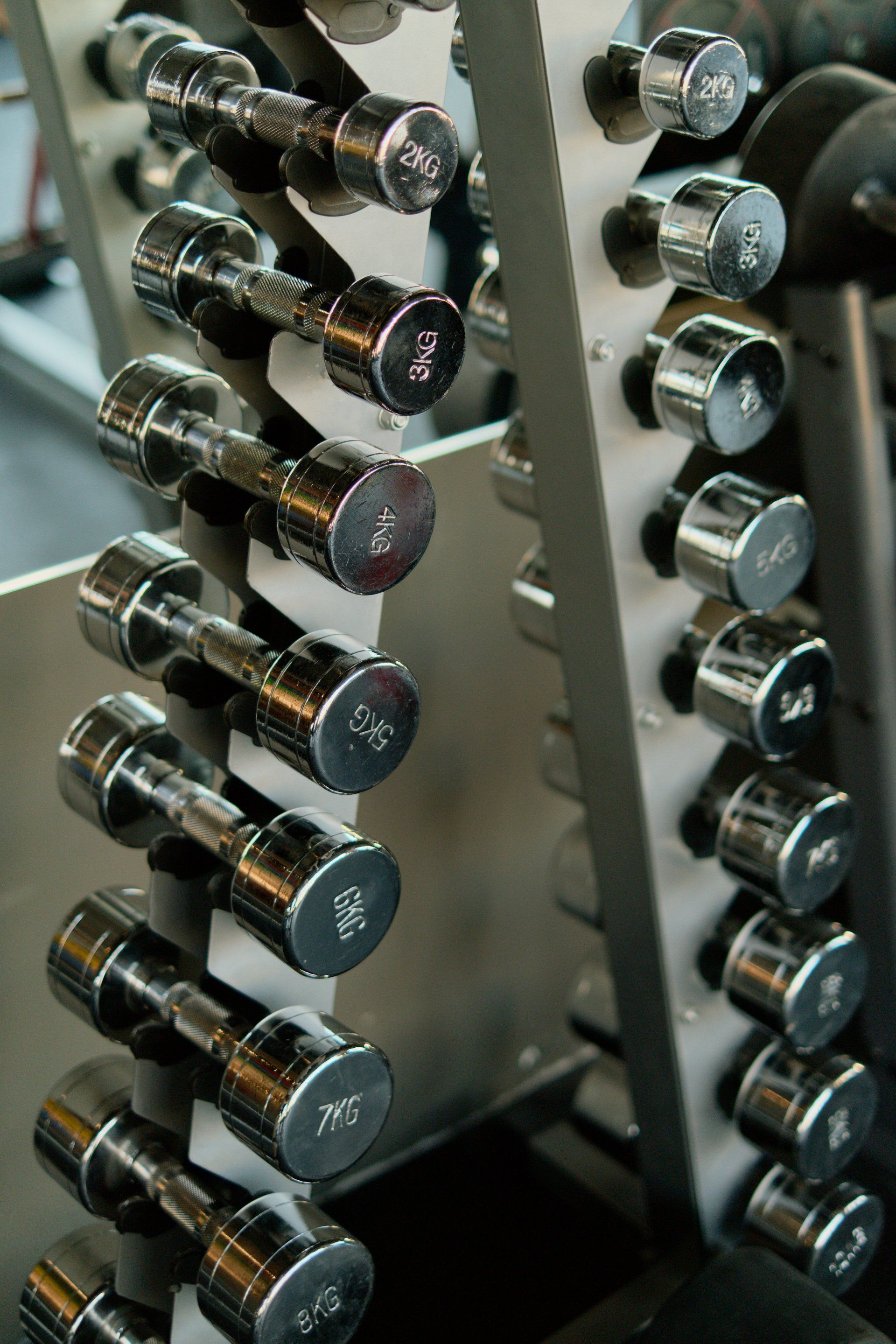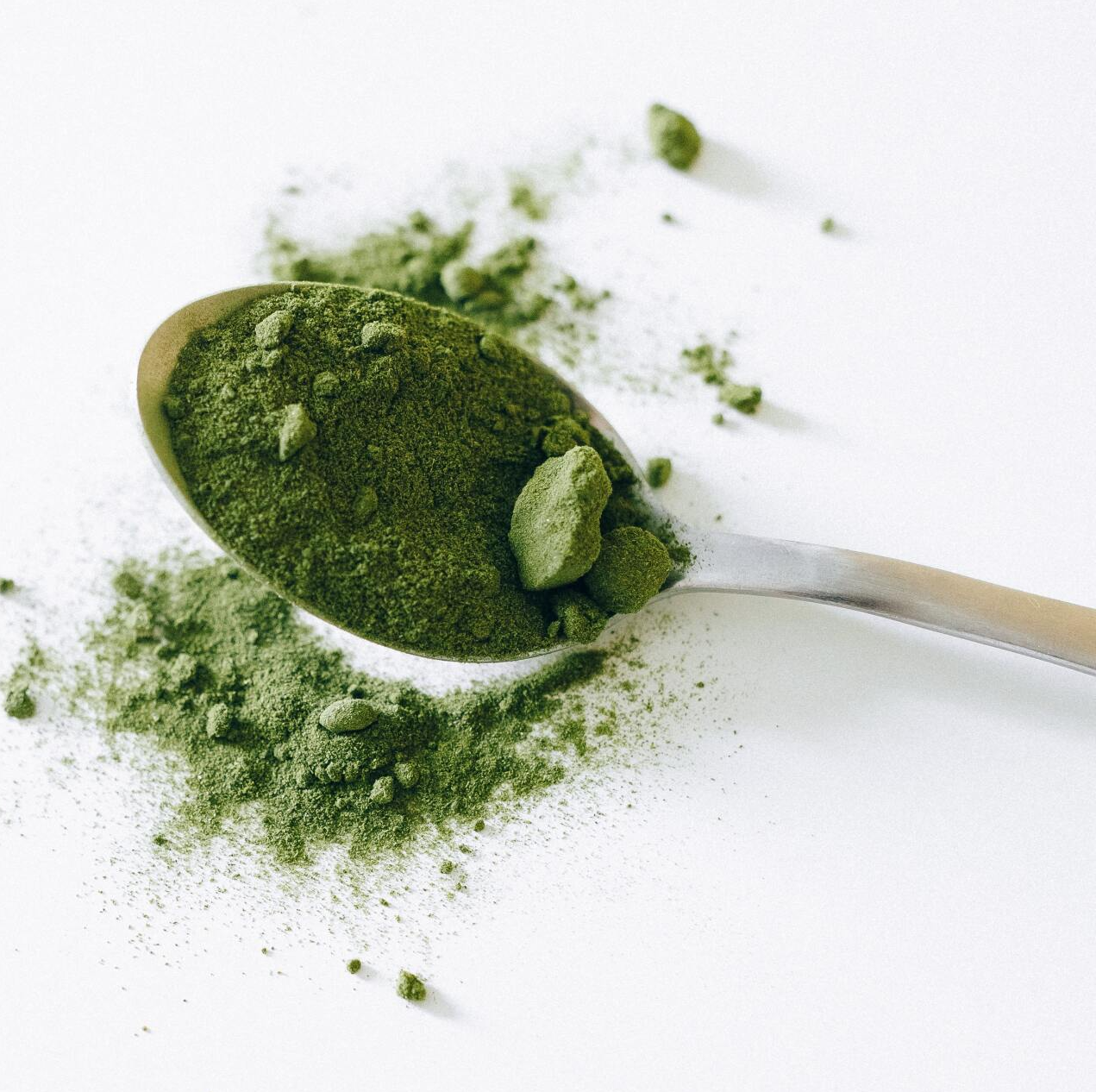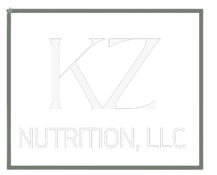Do I Need to Take a Pre-Workout Supplement?
Pre-workout supplements have gained popularity among athletes and fitness enthusiasts for their potential benefits on exercise performance. But are they really effective?

Author: Kamryn Zimmer, RD, LD
June 13th, 2022
What is Pre-Workout?
Pre-workout supplements contain a combination of ingredients with the purpose to improve your energy, endurance, and focus for your workouts. Most pre-workouts come as either a powder or a pill. There are a variety of ingredients that pre-workout supplement formulas can contain. Some ingredients in pre-workout supplements contain a sufficient amount of scientific evidence, while others do not. It's safe to say not all pre-workouts are created equal.
Common Pre-Workout Ingredients
Caffeine
Caffeine is a common ingredient in pre-workout supplements. Caffeine is a central nervous system stimulant that can improve focus, concentration, reaction time, and can help sustain exercise intensity (4). Recommended doses of caffeine vary by bodyweight. Research has shown that taking smaller doses (typically 100mg-300mg) before physical activity can benefit athletic performance (3).
However, it is important to note that larger doses can potentially cause more harm than good. Negative side effects of excess caffeine include nausea, anxiety, insomnia, and restlessness (3,4).
Beta-Alanine
Beta-alanine is a non-essential amino acid, which means it is naturally produced in the body. Consistently ingesting beta-alanine increases muscle carnosine levels (5). Carnosine helps maintain an optimal pH level in the muscles. During exercise, the pH levels in the muscles drops (meaning it becomes more acidic), leading to muscle fatigue and decreased power output (4). Carnosine acts as a buffer by reducing lactic acid buildup in your muscles during exercise (5). This enables you to maintain endurance and power during high-intensity exercise. The recommended dose of beta-alanine is 3.2-6.4 grams daily for 4-12 weeks (4,5).
Although current research does support potential performance benefits of beta-alanine supplementation, it is important to note that a possible negative side effect is paresthesia (3,4,5). This is described as an abnormal tingling sensation on your skin. While this is usually a harmless side effect and often goes away, it may feel uncomfortable.
Branched-Chain Amino Acids (BCAAs)
Some pre-workout supplements contain Branched-Chain Amino Acids (leucine, isoleucine, and valine). These are essential amino acids, which means your body cannot make them so you need to consume them through food. BCAAs are found naturally in dietary sources of protein, such as meat, fish, eggs, and dairy. They are essential for building muscle and preventing muscle breakdown (4). Supplementing with BCAAs before or during training is believed to help prevent protein breakdown. However, current evidence indicates that amino acid supplementation does not provide additional benefits if an adequate amount of high-quality protein is regularly consumed (4).
Creatine Monohydrate
Creatine is a nutrient that is naturally found in meat and fish. It can also be produced in the body and most of the body's creatine is stored in skeletal muscle (1,4). Creatine monohydrate is a widely used supplement among weightlifters, bodybuilders, and power athletes. Research has consistently shown that supplementing with creatine can increase your body’s stored supply. This allows your muscles to work longer at higher intensities, leading to an increase in strength, power, and lean mass (1,4).
A common protocol for creatine supplementation includes a loading phase of 20 grams/day for 5-7 days, followed by a maintenance phase of 3-5 grams daily (3). However, current literature states that non-loading creatine supplementation (3-5 grams/day) can still be effective (1).
Nitric Oxide Precursors
Nitric oxide is a vasodilator, which means it dilates blood vessels to improve blood flow to the muscles (4). Improved blood flow and oxygen transport to the muscles can result in improved performance, especially in endurance exercise (2). Pre-workout supplements often include compounds that your body uses to make nitric oxide, such as L-arginine and L-citrulline. L-citrulline and L-arginine are amino acids that have been studied for their performace benefits. Your body can actually convert L-citrulline into L-arginine, which is involved in nitric oxide synthesis (4). However, research on L-arginine and L-citrulline supplementation to enhance exercise performance is inconclusive.
Dietary nitrates, found in foods like spinach, celery, and beets, are also converted to nitric oxide in the body. Available evidence suggests that dietary nitrates can benefit endurance exercise (2). Beetroot juice (and powder) has gained popularity in the sports nutrition world for its nitrate content and potential performance benefits when consumed before exercise.
Do I Need a Pre-Workout?
The ingredients in pre-workout supplements are not for everyone. The most important thing your body needs to push through a workout is sufficient energy from food (i.e. carbohydrates).
Some individuals do find certain ingredients in a pre-workout helpful in improving their performance and achieving their goals. Before choosing a pre-workout supplement, it is important to understand your specific goals and the purpose of the product. At the end of the day, you can certainly get a great workout in and see results without using a pre-workout supplement.
Although there are pre-workout ingredients that contain sufficient evidence to support performance benefits, it is important to note that certain ingredients and products do have potential negative side effects.
Bottom Line
Remember, no supplement can replace proper nutrition habits. Make sure you are consuming enough calories overall and prioritizing hydration, sleep, and proper recovery before considering taking supplements.
If you do choose to use a pre-workout, make sure you choose a product that has been third-party tested to ensure safety and quality. Look for a label on the product that indicates it has been third-party tested, such as the NSF Certified for Sport seal or the Informed Sport seal.
Resources :
- Antonio, Jose, et al. “Common Questions and Misconceptions about Creatine Supplementation: What Does the Scientific Evidence Really Show?” Journal of the International Society of Sports Nutrition, vol. 18, no. 1, 2021, https://doi.org/10.1186/s12970-021-00412-w.
- Gao, Chloe, et al. “The Effects of Dietary Nitrate Supplementation on Endurance Exercise Performance and Cardiorespiratory Measures in Healthy Adults: A Systematic Review and Meta-Analysis.” Journal of the International Society of Sports Nutrition, vol. 18, no. 1, 2021, https://doi.org/10.1186/s12970-021-00450-4.
- Maughan, Ronald J, et al. “IOC Consensus Statement: Dietary Supplements and the High-Performance Athlete.” British Journal of Sports Medicine, vol. 52, no. 7, 2018, pp. 439–455., https://doi.org/10.1136/bjsports-2018-099027.
- Mueller, Kimberly, and Josh Hingst. The Athlete's Guide to Sports Supplements. Human Kinetics, 2013.
- Rezende, Nathália Saffioti, et al. “The Muscle Carnosine Response to Beta-Alanine Supplementation: A Systematic Review with Bayesian Individual and Aggregate Data E-Max Model and Meta-Analysis.” Frontiers in Physiology, vol. 11, 2020, https://doi.org/10.3389/fphys.2020.00913.



